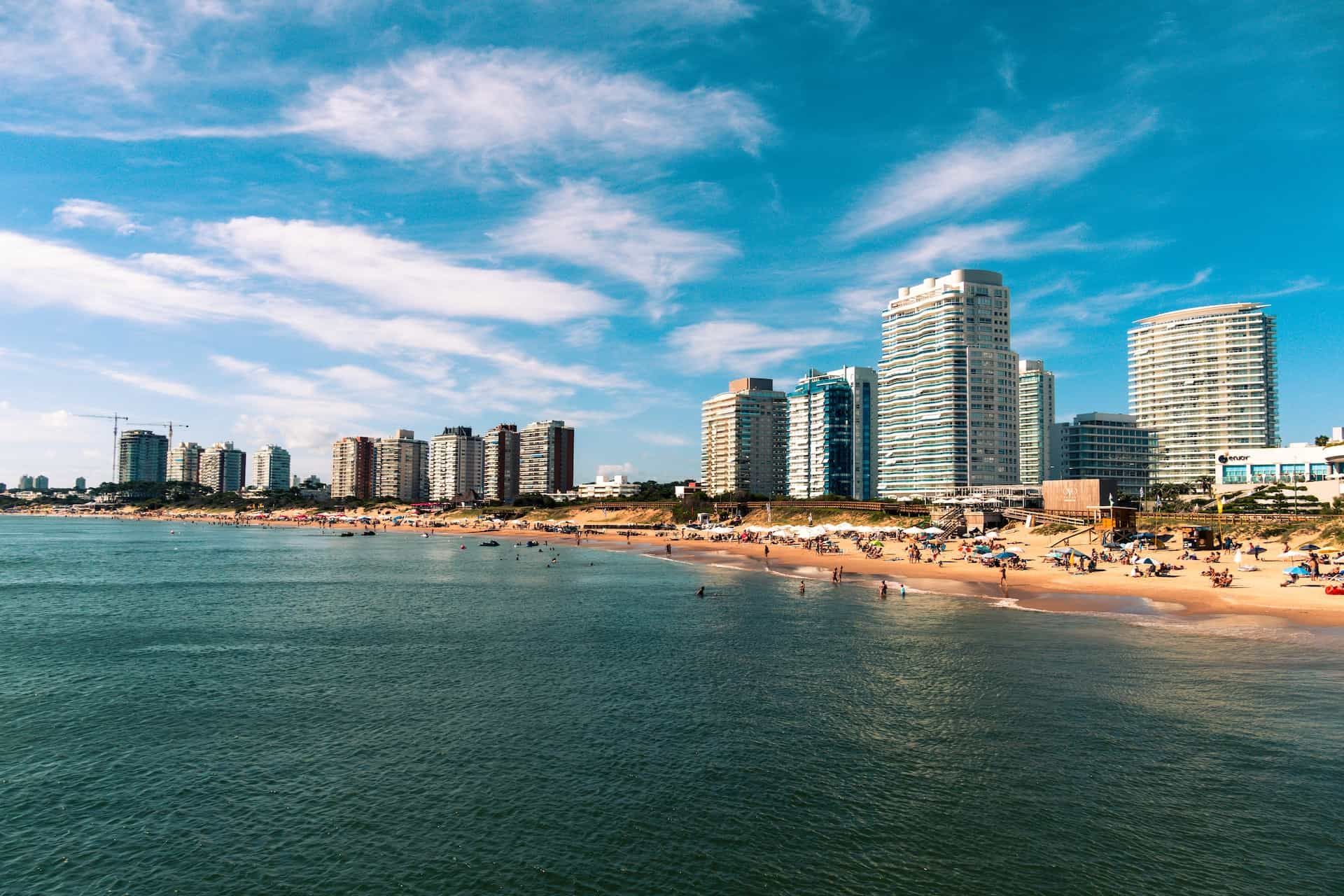Uruguay May Limit Betting Hours
Uruguay is looking into a project that would limit gaming hours at casinos and other physical gaming locations. The idea came about as a response to the problem gambling in the country. Uruguay’s government is therefore looking at various options for how to address the problem in a manner that is safe, responsible and effective. This also comes in the midst of the announcement of new casinos being built in various tourist destinations across Uruguay.

A deputy has suggested a limit on casino hours to combat problem gaming in Uruguay.
©Pedro Slinger/Unsplash
Addressing problem gambling in Uruguay
The latest bid for controlling gambling in Uruguay comes courtesy of deputy Álvaro Dastugue, who announced in October a plan to limit gaming hours at physical casinos. The idea is a direct response to problem gaming which has emerged to a degree in the country. It is also seen as connected to the influx of new physical gaming locations being built in the Latin American country.
Dastugue’s bill will be presented to the Parliament’s Addictions Commission. It suggests limiting casino opening hours in order to help with prevention of problematic gaming behaviors. However, it also has other components which the deputy discussed with a local news outlet this month.
In addition to the matter of problem gaming, Dastugue spoke about the state of casinos in general at the moment and suggested that they are poorly ventilated, which can be a health concern. In addition to a lack of fresh air and natural light, inside casinos machines emit loud noises and bright colors, which the deputy cites as a reason for players spending too much time inside.
Dastugue went even further by suggesting that signage can be placed inside casinos to help to warn users about problem gambling and start to recognize the behavior. Finally, another major part of the bill would be to remove ATMs from casino premises, creating an additional barrier to gamblers going over their set payrolls by getting carried away once inside.
The deputy also explained in a radio interview that he will push for more data to be collected on problem gambling in Uruguay. According to his experience, self-exclusion registries are not effective enough when it comes to physical gaming locations like casinos. He therefore proposes to gather information that would make the issue more transparent and thus, easier to regulate.
The result of this effort will be worth noting for not only Uruguay but for a host of countries that currently offer a self-exclusion registry as a key strategy in addressing problem gaming. Perhaps other governments will follow suit and assess whether these registries are effective or not and with which types of gaming.
According to Dastugue’s interview, about 35,000 Uruguayans suffer from gambling addictions today. More than 170,000 are in some way affected by the problem. The population of Uruguay is about 3.4 million people, so while this is not a large percentage, deputies like Dastugue still want to make a difference for those affected.
The deputy also apparently consulted specialists in this problem in order to do exactly that and employed their expertise in the formation of this new concept. Meanwhile in Uruguay, gaming is undeniably growing. Uruguay is home to many casinos which can be especially attractive to tourists at resorts as well.
The latest Uruguayan cities to announce casino projects are Salto, Paysandú, Rocha and Bella Unión. Projects like the Cipriani hotel and others are a draw for foreign investment and something that the current government welcomes.



